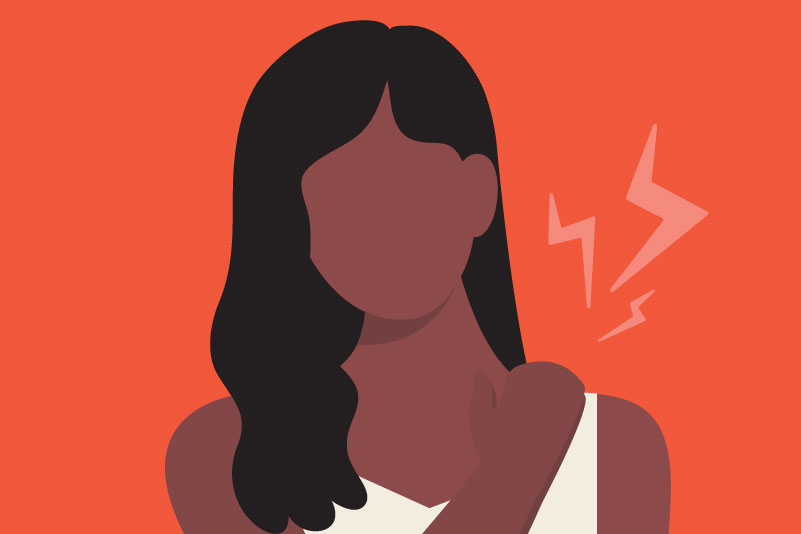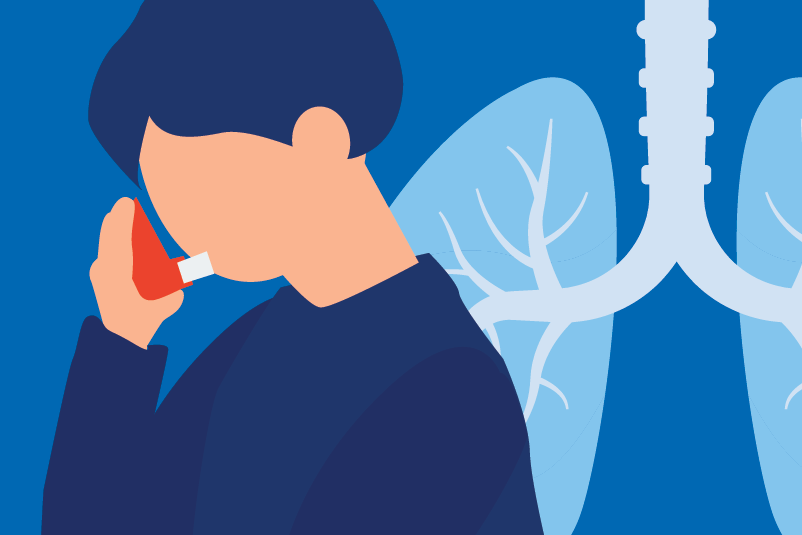#326 Scary Noises: Reducing death rattle at the end of life

Reading Tools for Practice Article can earn you MainPro+ Credits
Join NowAlready a CFPCLearn Member? Log in
- One double-blind randomized controlled trial (RCT),1 162 hospice patients in the dying phase (as per multidisciplinary team), without death rattle, given scopolamine butylbromide 20mg subcutaneously four times daily or placebo.
- Development of death rattle (score 2 or 3 on 3-point scale, higher=worse) at any point prior to death: 13% versus 27% (placebo); number needed to treat (NNT)=8.
- Adverse events (including restlessness, dry mouth, or urinary retention): No difference.
- One non-blinded RCT,2 132 adults close to death but without death rattle examined prophylaxis versus treatment at onset of death rattle with scopolamine butylbromide 20mg subcutaneously, then 60mg/24 hours.
- 48% of patients suffered death rattle if treatment initiated once symptoms present, versus 6% of patients for whom treatment was initiated prior to symptom onset.
- Four systematic reviews3-6 of five RCTs (10-333 participants).
- Three RCTs: No difference between scopolamine hydrobromide and either atropine (1 RCT, 333 patients) or octreotide (1 RCT, 10 patients). Unclear difference between scopolamine hydrobromide and glycopyrronium (1 RCT, 13 patients).
- Two RCTs: No difference between placebo and either atropine (1 RCT, 160 patients), or scopolamine hydrobromide (1 RCT, 31 patients).
- Death rattle is defined as noisy breathing caused by the presence of mucus in the upper respiratory tract.
- Occurs in 12%-80% of patients in last 3 days of life.7
- It may not distress patients, however, may be distressing to family and caregivers.1
- Non-pharmacologic measures include repositioning although evidence to support this is lacking.5
- Scopolamine butylbromide (Buscopan®) is available subcutaneously or orally in Canada.
- Scopolamine hydrobromide is different and can cause central nervous system effects.8















So glad to see the evidence for this. I will do this with my next palliative patient
I will try prophylactic buscopan with my next palliative patient
Nice and straight forward
Helpful for my palliative care practice
i agree with giving the scopolamine
very helpful
helpful to know that scopolamine does probably help
The challenge is availability of the Scopolamine butylbromide in the LTC facility.